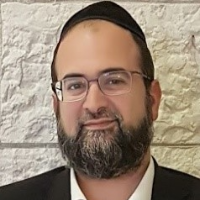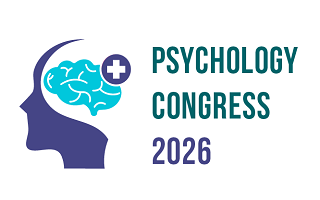3rd International Congress on
Psychology & Behavioral Sciences
March 26-27, 2026 | Osaka, Japan

Address: 5 Chome-3-68 Nakanoshima, Kita Ward, Osaka, 530-0005, Japan.
Psychology Congress 2026

Hebrew University of Jerusalem, Israel
Abstract:
The Haredi community in Israel is an ultra-conservative religious community, which maintains a strict and modest lifestyle. According to the Haredi belief, men should only engage in religious studies their entire lives and not go out to work. As a result, the study paths for boys in high school are uniform and do not include electives, but only religious studies. Accordingly, the dropout rate in this community is 3 times higher than the average in Israel, with a large portion of them being boys diagnosed with ADHD.
The study included 84 boys aged 14-17 diagnosed with ADHD. Over the course of a week, their ability to sit in religious classes at their high school was measured. After that, 52 of them were given lessons in other subjects, and 32 continued to study the regular classes. It was found that those who received varied lessons had a 65% higher ability to sit in classes than the control group.
The results can be explained by the Self-Determination Theory (SDT) of Deci and Ryan (2012), which explains individual motivation through three factors: autonomy, competence, and relatedness. The ability to choose and diversify in lessons allows students autonomy, increases their competence and ability to express themselves, and thus strengthens their belonging to the material being studied. As a result, they are more motivated to invest in learning, and ADHD symptoms decrease.The study may help in dealing with ADHD symptoms in adolescence, through educational and proactive means, and reduction through pharmacological or disciplinary means.
Biography:
Itschak Trachtengot is a fellow at the truman institute and a postdoctoral fellow in the department of psychology at the Hebrew University. He serves as head of the tzavta program for ultra-orthdox students at the Hebrew University, and head of the dean's program for outstanding haredi doctoral students at the university. In addition, he leads both the kedma program and the jewish education program at Herzog Academic College.
